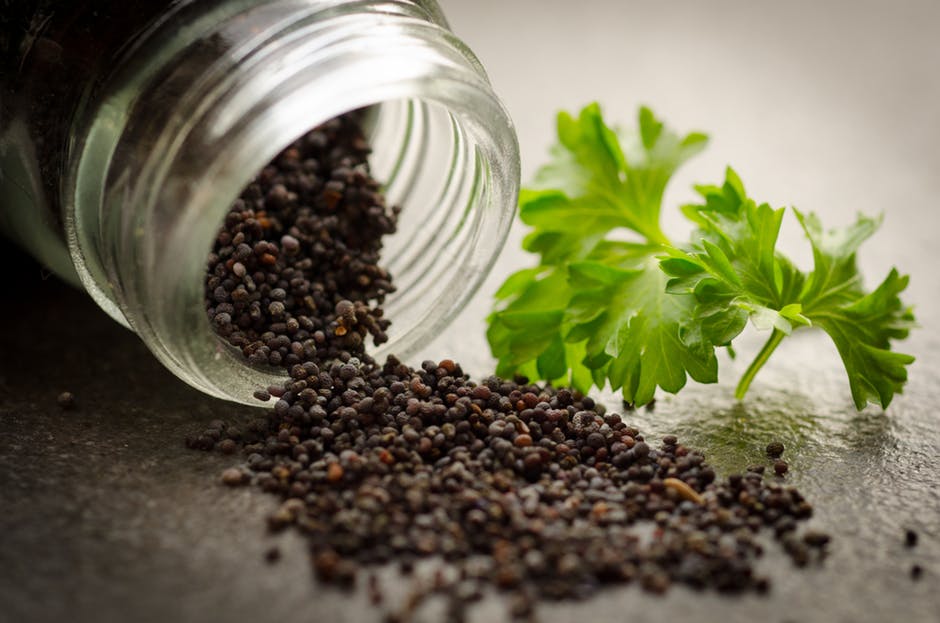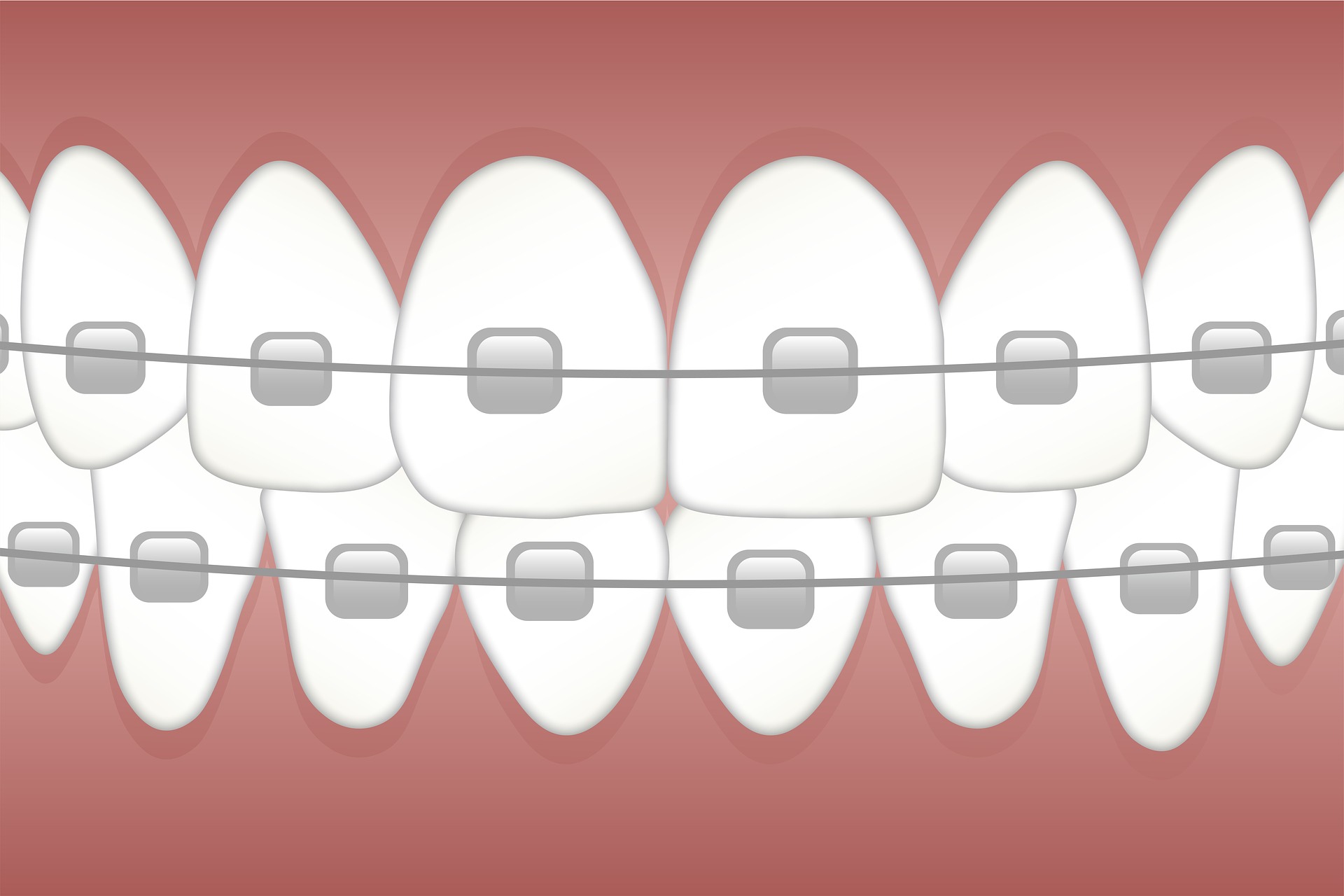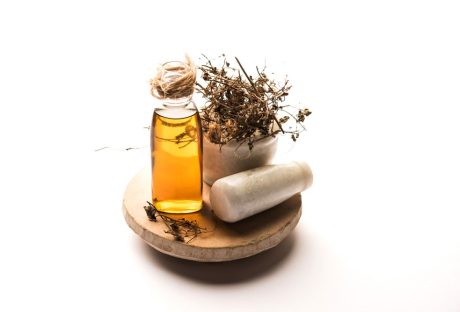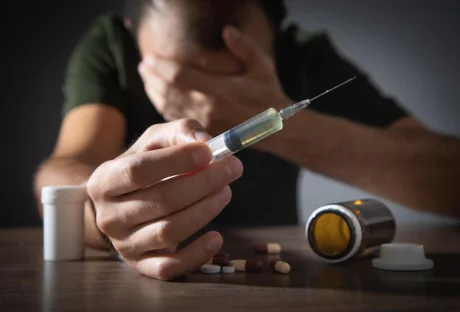Demanding responsibilities at home and work, the piling bills, the lack of time in a day… the stress seems never-ending at times. Though stress is a normal part of life, it can reach levels that can take a toll on your physical and emotional well-being. Keeping stress under control is imperative, but how you manage it is equally as important. Below, are some healthy and unhealthy ways to cope with stress.
Emotional Eating
Emoonatil eating is very common when trying to battle stress. When stress is prolonged, it results in the brain releasing the hormone cortisol which increases the appetite. This then motivates you to want to binge on comfort and junk foods. Though it may feel good going down, binge eating is bad for your health and an ineffective way to deal with stress. Emotional eaters can experience weight gain, and weight-related diseases like diabetes, high blood pressure, and high cholesterol.
Using Drugs to Relax
There are certain illegal drugs and prescribed medications that can cause the brain and body to feel relaxed. When stress reaches uncontrollable levels, some people turn to pills and other drug forms to calm down. The high or calm experienced when using these drugs is only temporary which leads to increased cravings, dependency, and ultimately addiction. Using more medication than prescribed or illegal drugs is never a good solution for coping with stress. If you’ve reached this point, you should consider enrolling in an outpatient drug rehab program to get sober.
Smoking
Nicotine, which is found in cigarettes, has a mood-altering effect on smokers. It essentially blocks out feelings of frustration, anger, and anxiety. The dopamine released into the bloodstream because of smoking helps the person to feel good at the moment, therefore giving the impression of relieving the stress. However, when the cigarette is done, the dopamine levels drop and the stress increases. Smoking is a bad habit to break and should not be considered a remedy to stress. It can lead to an array of adverse health complications including an increased risk of stroke, cancer, heart disease, high blood pressure, and more.
Get a Massage
There are some that treat themselves to a massage when dealing with a lot of stress. As stress impacts more than just your mental well-being, massage therapy can be an essential way to release the tension and improve your mood. Using various techniques massage therapists are able to pinpoint areas of tension and remove knots that help to loosen up the muscles. This relieves pain and improves your mood. Massage therapy has also been proven to help lower blood pressure and heart rate to relax the body and mind.
Do Something You Enjoy
The monotony of life can sometimes bring stress. When you’re feeling overwhelmed, take some time to yourself and do something that makes you smile. Spend time with family and friends, read a book, ride a bike, or cuddle up on the couch and watch your favorite movie or television series. In doing so, you’ll feel a lot better and be more prepared to handle the day today.
Get Some Rest
Lack of sleep can increase stress. When you’re sleeping, it provides your mind and body with the time it needs to replenish itself. Minimal sleep can lead to issues like memory loss, lack of concentration, and altered judgment or mood. Essentially, not getting enough sleep could cause performance issues at home and on the job making life more complicated to navigate. Getting a recommended 8 hours of sleep each night can help improve this.
The demands of life can become stressful to deal with. When you feel that you’re overwhelmed, it is important to take action. Though finding a way to cope is recommended, you must avoid handling it the wrong way. Unhealthy methods of coping with stress such as emotional eating, smoking, or using drugs can lead to adverse health effects which only heighten stress. Instead, use healthy methods like getting a massage, doing something you love, and allowing your body to replenish with a good night’s sleep. If it has gotten out of control, asking for help from a doctor or therapist is advised.
Read More:






















